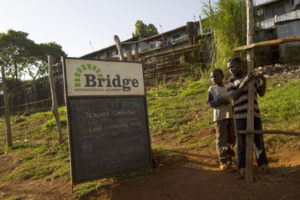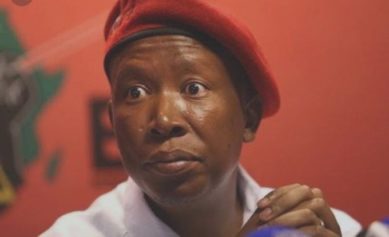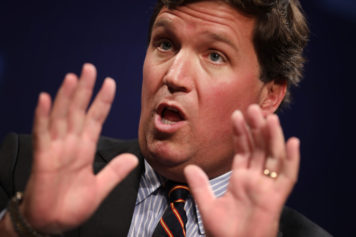
However the UK bank identifies five “sleeping giants” that present significant new opportunities for foreign companies; Ethiopia, the Democratic Republic of Congo, Mozambique, Tanzania and Ghana.
This quintet which are “playing catch-up after significant political and economic upheaval . . . are increasingly attractive to foreign firms and international investors with an eye on long-term returns from fast-growing markets,” Barclays said in its inaugural Africa Trade Index.
Matt Tuck, head of global corporate banking at Barclays, said the five were open to international trade and had rapidly growing populations that are likely to reach 325m in total by 2020, comparable to that of the US.
Moreover, any repeat of the 7.3 per cent compound annual economic growth they have experienced over the past five years would lead to a significant rise in household spending. Most are relatively unreliant on commodity exports by African standards, shielding them from some of the storms currently battering emerging markets.
“The core underlying fundamentals are getting better and with more stable government it does represent an opportunity for growth,” said Mr Tuck. “It’s a much more encouraging outlook than in the past.”
Overall, Barclays found South Africa and Nigeria offered the best opportunities for foreign companies, in terms of unmet demand, the absence of major barriers to cross-border trade and their connectivity with other African countries.
While South Africa is the “standout performer”, Barclays said Nigeria arguably represented the “most exciting” long-term opportunity.
However it added that the country suffered from “logistical difficulties posed by inadequate infrastructure,” which meant many companies had to provide their own power and water supplies.
Read more at www.ft.com


